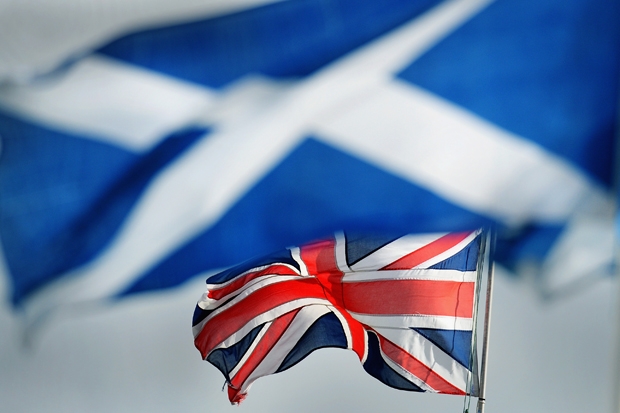It is a sign of how no one expects Scotland to vote yes in September that no serious planning has been done about the consequences. By contrast, Gladstone shut himself away for days in the spring of 1886 drawing up the Bill that would have bestowed Home Rule on the Irish, plotting what it would mean for almost every aspect of the shared lives of Ireland and Britain. Scotland already has what Parnell would have called Home Rule. The creation of a Scottish Free State would be a different matter, and few have started to assess what that would mean.
This is a pity, not just for practical reasons, but for emotional ones too. Much of the argument over the Union is rooted in nostalgia and sentimentality: so many of the partisans either want to be Braveheart or Sir Walter Scott. There will be people on both sides who will find it hard to accept the result, whatever it may be. But I suspect that despite the trauma of separation, England would end up benefiting from Scotland voting for divorce.
It would be a matter of indifference to most outside Scotland whether an independent nation were instantly admitted into the European Union, or had to get in the queue behind Serbia. But the currency union would have to end. When George Osborne said this a few months ago it was construed as a threat, but the Scots would have been better to take it as a warning and plan accordingly. The Bank of England would cease to be the lender of last resort. The English taxpayer would no longer have to bear the liabilities of failed Scottish banks. Scotland could use the pound in much the same way as small islands in the Caribbean use the dollar.








Comments
Join the debate for just £1 a month
Be part of the conversation with other Spectator readers by getting your first three months for £3.
UNLOCK ACCESS Just £1 a monthAlready a subscriber? Log in